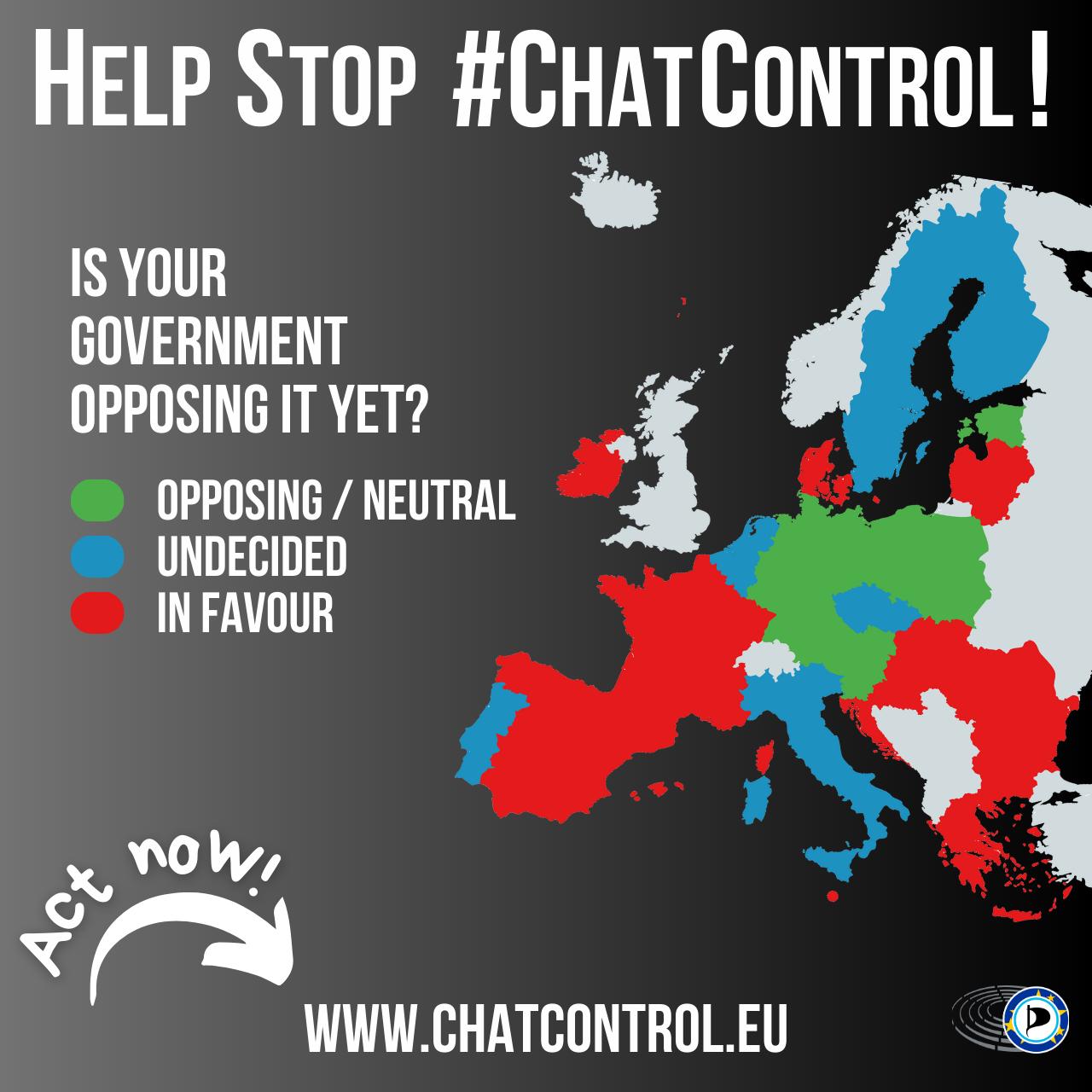Patrick Breyer applies for EU research funding on Artificial Intelligence and data shadows on the Internet
Every year, the European Parliament launches pilot projects. These projects are designed to test the feasibility of innovative ideas over a period of two years.
This year, MEP Patrick Breyer (Pirate Party Germany) has submitted two project proposals on privacy and digital security, which will be examined by the European Commission in the next step.
The first research project deals with “artificial intelligence”. It is intended to make algorithmic decisions recognisable to users and to enable human verification. Decisions with far-reaching consequences are increasingly being made by algorithms, for example in the EU-funded research project iBorderCtrl for testing a “video lie detector”, which was sharply criticised by Patrick Breyer. There is a risk that computer decisions are erreneous and discriminate against groups of people. Ethically speaking, this shows to be highly problematic. The research project aims to compile “best practices” for testing algorithmic decisions and to define standards that can be universally applied.
The second project deals with the data shadow we leave behind when we use the Internet. For the study, companies from a wide range of industries will be selected and their internet presences will be examined. The stored data shadow will then be queried for analysis via the right to information according to the basic data protection regulation: To what extent are users being tracked? How many other companies are notified about internet usage? Is information about tracking provided and is it in accordance with data protection law?
Breyer selected the applications from various project proposals made by Internet users and non-governmental organisations. Breyer justifies his selection:
“Mass computer decisions, such as upload filters, endanger our self-determined life just as much as constant observation and data retention. In the age of the digital revolution, it is important to maintain control of our lives. I would like to thank the net community very much for the many interesting project proposals and I will submit applications again next year.”
The projects which have been proposed will now go through a multi-stage process before a decision is taken in autumn. Their implementation is scheduled to begin the following year.


Comments